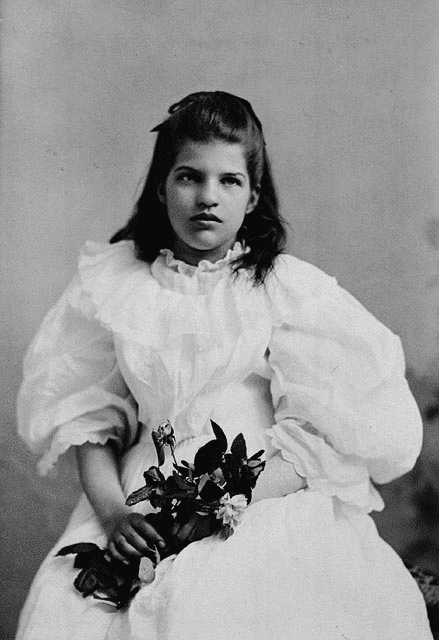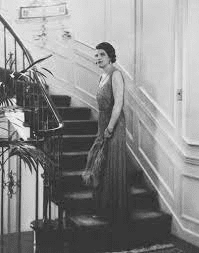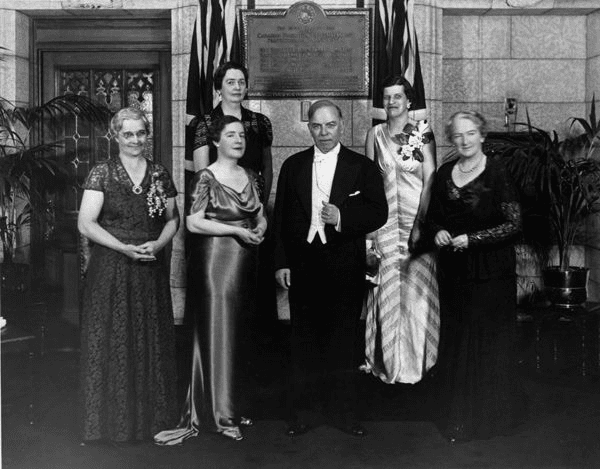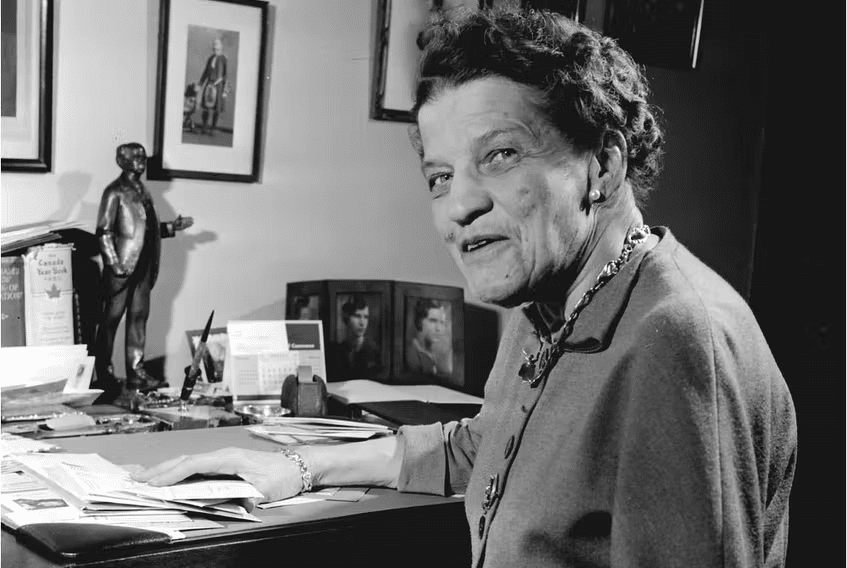Cairine Wilson was one of the first women in Canada who was able, through her character and tenacity, to achieve a high position in government. Before her, the post had been held exclusively by men. The following is on ottawanka.com.
She came from a family of Scottish descent

Cairine was born in 1885 in the Canadian town of Montreal. Her family was of Scottish descent and among the wealthiest in the region. Cairine’s father, Robert Mackay, was very well-known for his entrepreneurial activities. In addition, he was also a part-time politician. His friend was the leader of the Liberal Party of Canada, Laurier.
Journey into politics

Cairine moved to the capital of Canada, Ottawa, at the age of 33, where she decided to begin her journey into politics. In Ottawa, Cairine participated in volunteer work. She collected aid for poor townspeople, refugees from other countries and children who were left without parents. Along with volunteering, Mackay also began to participate in several political organizations. Their primary goal was to increase women’s influence on Canadian politics. In 1938 she became president of one such political organization.
Mackay was passionate about what she did. She wanted to help people, to make their lives happier. Cairine was a very active participant in the social life of Ottawa. For many years she served in various positions:
- Chairman of the Canadian-American Women’s Committee
- President of the Princess Alice Foundation for the Promotion of Young Leaders
- Vice-President of the Victorian Order of Nurses
- President Emeritus of the Ottawa Young Women’s Christian Association
- Head of the Save the Children Fund.
Also, in 1930, thanks to tremendous support from Cairine’s friends, family and inner circle, she founded the National Organization of Young Liberals.
Position in the Senate
Mackay’s public activities were very successful. She was recognized and respected by the people of Canada. As a result, in 1930, Cairine assumed a position in the Canadian Senate under Prime Minister Mackenzie King. She was the first woman in Canadian history who managed not just to get into the Senate but actually to win and be elected to a seat in the Canadian government. It was not just for herself, but for any other woman who wanted to make life better for Canadians. Before Mackay became the first woman senator, five Canadian women, including Mackay herself, had won a women’s rights case in which the Judicial Committee of the Privy Council voted to overturn the Supreme Court of Canada’s decision that women could not be senators.

In her high office, Mackay continued taking care of the citizens of Ottawa and other Canadian cities. She also opposed the Appeasement policy and the Munich Agreement in 1938. During World War II, Mackay managed to receive over a hundred Jewish orphans from Europe to Canada, even though they were not officially allowed to enter the country.
In 1949, after the end of World War II, on behalf of the new Prime Minister of Canada, Louis St. Laurent, Cairine assumed a new position as Canada’s delegate to the UN General Assembly. She was again the first woman from Canada to hold this position. She was the first woman not only in the Senate and as a delegate but also the first woman to chair Canadian National Committee on Refugees (CNCR) and the first woman to chair the Senate Standing Committee on Immigration and Labour. In 1955 Mackay became the first woman in Canadian history to hold the high office of Vice-Speaker of the Canadian Senate.

In 1962, at the age of 77, the heart of powerful and strong-willed Cairine stopped beating. She passed away from a heart attack.
Over many years of hard work, she has made a significant contribution to the development of Canada, to refugee work, to aid and has played an enormous role in Canadian history and the place of women in politics.
Cairine Wilson Secondary School in Ottawa was named after a prominent political figure of the first half of the 20th century.
